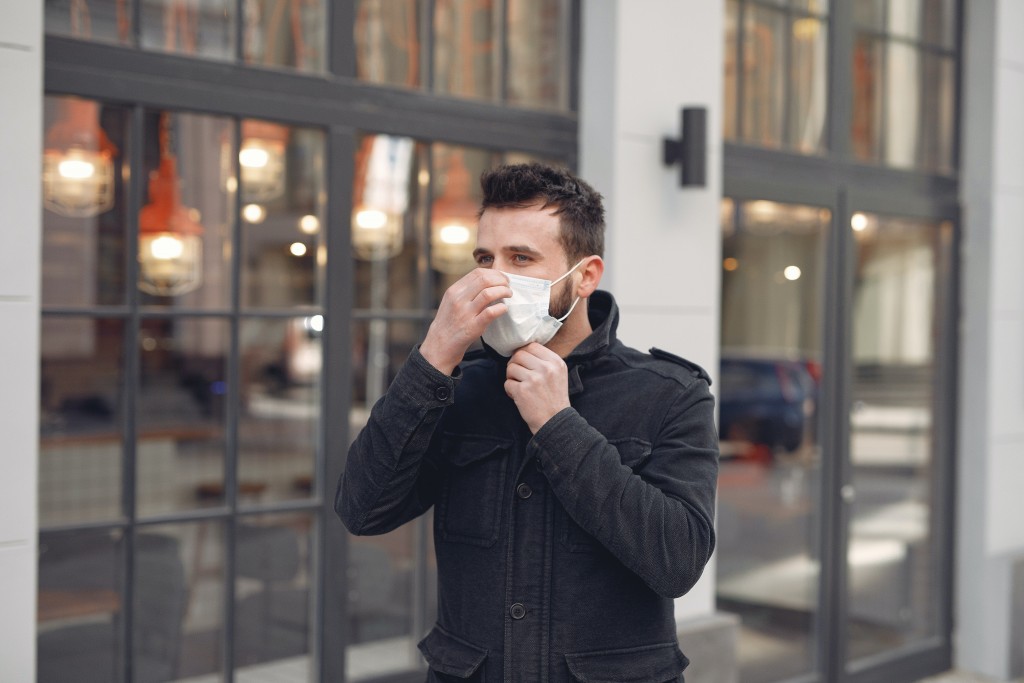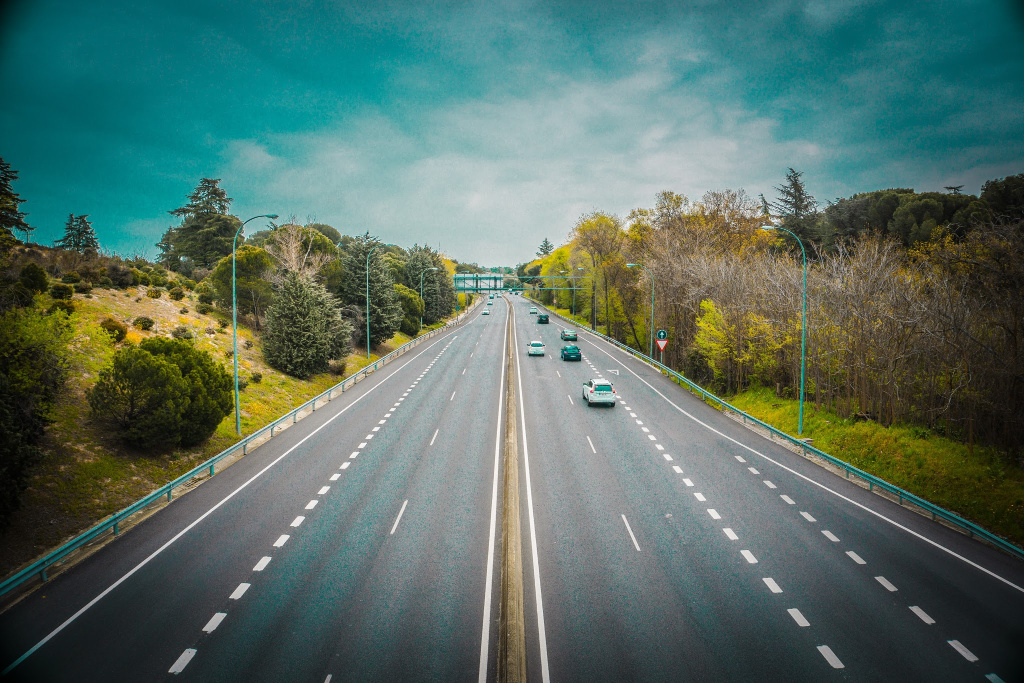Take A Deep Breath
Take a moment to think back on everything that has changed since the United States began to respond to COVID-19 in March. Since then we were asked to stay home as much as possible and wear masks whenever we couldn’t. Our areas of recreation and socializing were temporarily shut down. Vacations and events (sports, concerts, graduations, etc) around the world were cancelled. Many of our jobs had to move online or, even more devastatingly, be furloughed or laid off. And, of course, students were told to finish their academic year learning from home, still uncertain as to how their next year will play out. These are only a few of the changes that we have endured. In the end, all of us, to one degree or another, have been hit by the effects of this pandemic.
COVID-19 An Unplanned Experiment
In times of such uncertainty and distress, it can be helpful to seek out the silver linings and opportunities that the situation brings. COVID-19 may turn out to be an unplanned social experiment proving that we can create a healthier and more sustainable environment — all by rethinking our lifestyle choices. While this unexpected pandemic has swiftly altered the normalcy of our daily lives, a proven byproduct is a healthier environment relaxed from some of our most polluting practices. A world built with so much beauty and vibrancy has slowly been rejuvenating itself while we all remain at home. If you haven’t already seen the before and after photos of areas of pollution from around the world, the changes from this relatively short time period have been remarkable. The photos make it clear how closely tied our actions are to the wellbeing of our environment.
And it doesn’t stop there. Just as COVID-19 has helped us clear the skies, researchers are finding that the improvement in our air quality is actually helping individuals fight off the virus. Beth Gardiner, author of Choked: Life and Breath in the Age of Air Pollution, writes in National Geographic, “…the fine particles [from air pollution] penetrate deep into the body, promoting hypertension, heart disease, breathing trouble, and diabetes, all of which increase complications in coronavirus patients. The particles also weaken the immune system and fuel inflammation in the lungs and respiratory tract, adding to the risk both of getting COVID-19 and of having severe symptoms.” Though this is a scary reality to recognize, it’s important to note for the safety of ourselves and our loved ones. This information makes it clear that, just like COVID-19, air pollution is a public health issue.
So what does this mean moving forward?
But unlike COVID-19, air pollution is an issue that originates directly from our collective actions as a community. Many of these actions are ones that require combustion, such as car travel, plane travel, and industrial operation. Since these actions have slowed, so has the amount of pollution created in our shared space.
“‘There’s a chance to really get people to stop, take a deep breath,’ and reflect on questions like ‘How was your asthma during this period?’”
Simon Birkett, founder and director of Clean Air, London

So what does this mean moving forward? Obviously, these limited lifestyles can’t continue as the new normal. But, what we can do is recognize the power and potential we have to better the health of our environment and communities through our daily actions. As Simon Birkett, founder and director of Clean Air in London, puts it in his interview with National Geographic, “‘There’s a chance to really get people to stop, take a deep breath,’ and reflect on questions like ‘How was your asthma during this period?’” After we move forward from this initial shock of COVID-19, we have the opportunity to reimagine the air we breathe and the world we participate in. When the face masks can once again come off, let’s choose to keep them off.



